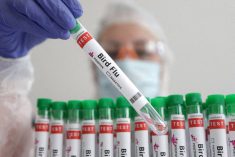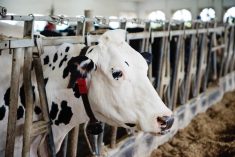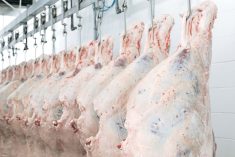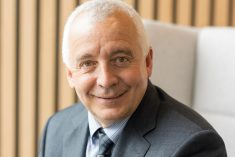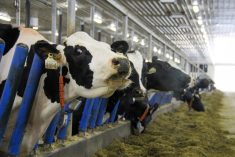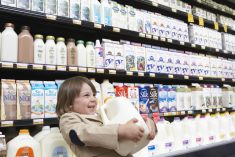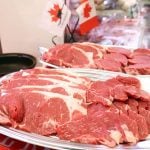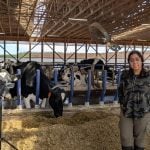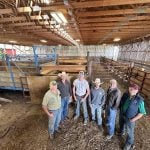Hannover, Germany | Reuters — Europe’s agriculture industry, already grappling with a dairy crisis, wants rapid talks about Britain’s exit from the European Union to minimise disruption, EU farming commissioner Phil Hogan said on Thursday.
“Farmers know better than anyone that you need stability and certainty to plan for the future,” Hogan said in a speech here at a German Farming Association conference.
“My (Commission) colleagues and I have therefore called for a swift and decisive negotiation, in the interests of both sides. It’s essential that we set in train the essential steps to bring clarity and stability to the situation as quickly as possible.”
Read Also
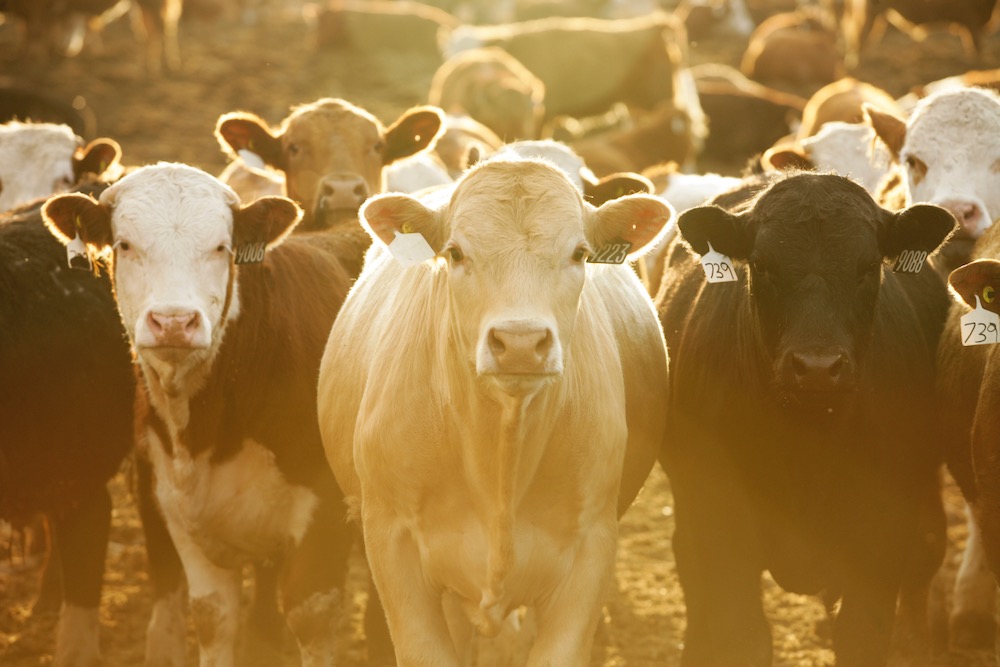
U.S. livestock: Cattle futures drop on Trump call for lower prices
Cattle futures on the Chicago Mercantile Exchange dropped sharply on Wednesday, reacting to comments from United States President Donald Trump…
Meanwhile, the EU Commission, the bloc’s executive arm, is preparing a new program to help European dairy farmers, Hogan said. The form of support is still being assessed.
European milk farmers have been struggling with low prices fuelled by the ending of restrictive EU production quotas last year, a Russian import embargo on EU food and weak Chinese dairy imports.
Global dairy supply continues to outpace demand, putting pressure on markets in both Europe and worldwide, Hogan said.
Despite efforts to find new markets for EU dairy products and some encouraging exports, opportunities for increased demand are limited, he said.
“Accordingly, more focus must come on the supply side,” Hogan said. “But let me be outspoken on one thing: a reintroduction of the milk quota, also on a temporary basis, is politically not an option and legally not possible.”
EU milk production is expected to rise again this year despite falling prices after an increase last year following the end of EU production quotas, the Commission said in March.
German Agriculture Minister Christian Schmidt told the conference the milk sector needed extensive new support.
The EU’s last dairy support programme in 2015 totalled about 500 million euros and Schmidt said a new EU dairy support programme this year should be “at least” as big.
“We need less milk at better prices,” Schmidt added. But “volume discipline” is needed in EU dairy farming and aid under any new EU support programme should only be paid out to dairy farmers who do not increase production, Schmidt said.
— Michael Hogan is a Hamburg-based reporter for Reuters.



